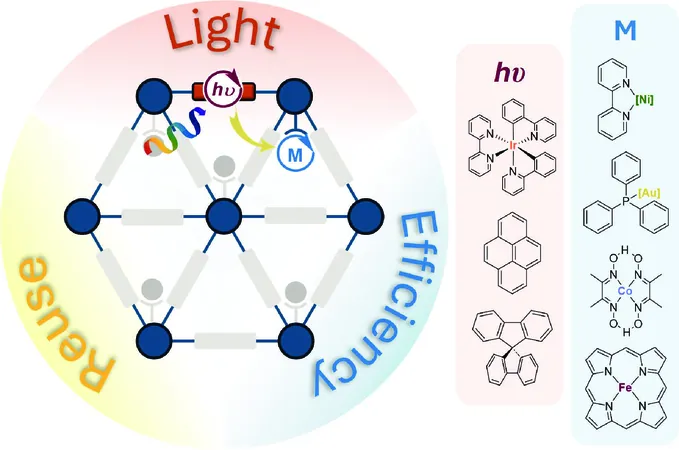
Surprising Link Revealed: Alzheimer’s Disease and Colorectal Cancer May Be Inversely Related!
2024-09-16
Recent research has uncovered a striking relationship between Alzheimer's disease and colorectal cancer, suggesting that individuals afflicted by Alzheimer's may be less prone to developing certain cancers, including colorectal cancer. This intriguing observation has sparked the interest of scientists seeking to understand the complex interplay between these two seemingly unrelated diseases.
A groundbreaking study published in the Proceedings of the National Academy of Sciences (2024) presents compelling experimental evidence for the inverse correlation between Alzheimer's and colorectal cancer. The research team, led by pathophysiologist Shunjiang Xu from Hebei Medical University, set out to elucidate the molecular mechanisms behind this phenomenon, which had previously remained largely unexplored.
In their investigation, researchers utilized a mouse model to induce colorectal cancer through specific carcinogenic treatments. They observed that mice displaying Alzheimer's-like cognitive decline showed a reduced incidence of colorectal cancer compared to healthy mouse counterparts. This finding underscores the potential link between neurological decline and cancer development.
Crucially, the study indicated that the protective effect against colorectal cancer diminished when Alzheimer's model mice received stool transplants from healthy mice. This finding suggests that alterations in gut microbiota could play a vital role in this inverse relationship. In fact, further analyses revealed that mice mimicking Alzheimer's symptoms, along with individuals with mild cognitive impairment, exhibited higher levels of Prevotella bacteria in their gut compared to the control groups. Conversely, patients diagnosed with colorectal cancer showed reduced levels of these protective bacteria.
The implications of these findings are significant. When healthy mice were administered lipopolysaccharides derived from Prevotella bacteria, they began to exhibit signs of cognitive decline. However, these same mice, after undergoing carcinogenic treatment, developed fewer and smaller tumors than those in the control group. Researchers hypothesized that compounds from Prevotella could simultaneously exacerbate cognitive decline and enhance the body's response to intestinal inflammation, potentially inhibiting the onset of colorectal cancer.
Despite the groundbreaking nature of this research, experts like Donald Weaver, a medicinal chemist and neurologist at the University of Toronto, stress the necessity for further studies to corroborate these findings. Weaver cautions against hastily developing cancer therapies that could inadvertently stimulate dementia, emphasizing the need for a deeper understanding of the underlying molecular mechanisms involved in this inversely related health dynamic.
As the scientific community continues to explore this fascinating link, the potential for novel therapeutic approaches targeting the gut microbiome could pave the way for innovative treatments that address both Alzheimer’s disease and colorectal cancer more effectively. The journey to unravel the complexities of this relationship has just begun, but its revelations could reshape our understanding of these significant health challenges. Stay tuned as we follow this potentially groundbreaking research!




 Brasil (PT)
Brasil (PT)
 Canada (EN)
Canada (EN)
 Chile (ES)
Chile (ES)
 España (ES)
España (ES)
 France (FR)
France (FR)
 Hong Kong (EN)
Hong Kong (EN)
 Italia (IT)
Italia (IT)
 日本 (JA)
日本 (JA)
 Magyarország (HU)
Magyarország (HU)
 Norge (NO)
Norge (NO)
 Polska (PL)
Polska (PL)
 Schweiz (DE)
Schweiz (DE)
 Singapore (EN)
Singapore (EN)
 Sverige (SV)
Sverige (SV)
 Suomi (FI)
Suomi (FI)
 Türkiye (TR)
Türkiye (TR)